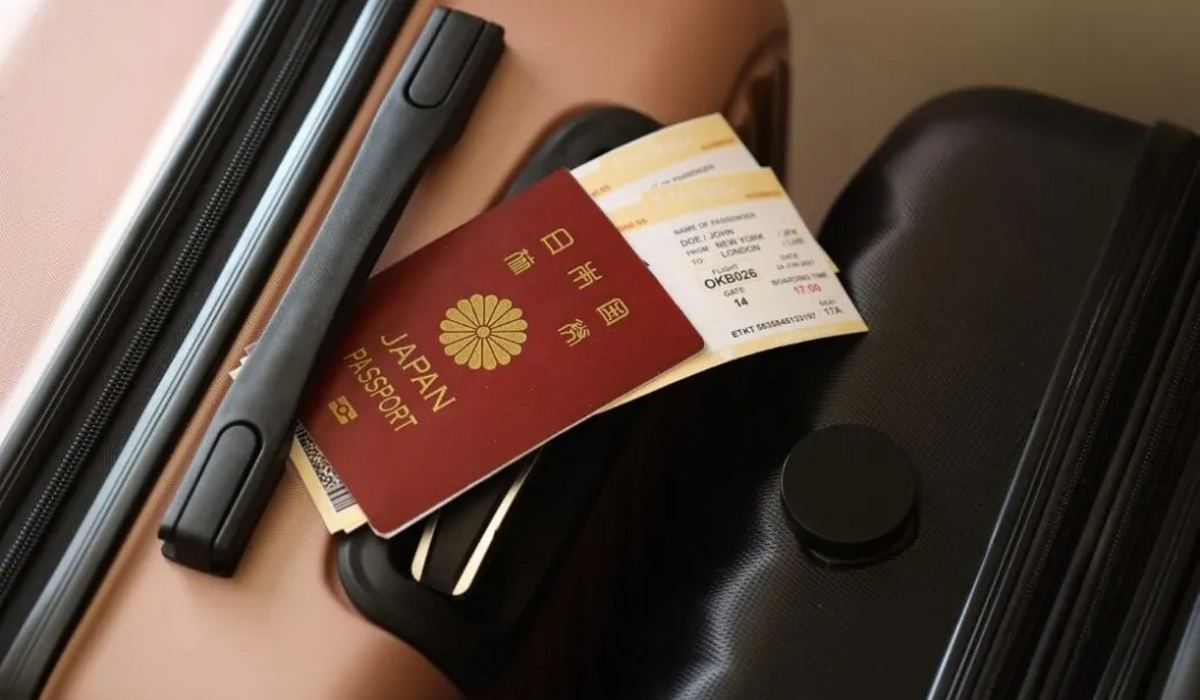Japan is experiencing one of the strongest tourism rebounds in the world — and now the government is considering a major policy shift: tripling the departure tax from ¥1,000 (approx. €6) to ¥3,000 (over €15) by 2026.
The proposal is under discussion within the ruling Liberal Democratic Party as a financial mechanism to help Japan cope with the pressures of overtourism.
A Tourism Boom That’s Becoming Unsustainable
Japan’s recovery has been remarkable:
-
36.9 million international visitors in 2024
-
21.5 million arrivals in the first half of 2025
-
Over 3.26 million visitors in September 2025 alone (+13.7%)
A weaker yen, social-media exposure, and rising demand for “authentic Japan” have fueled the surge.
But Kyoto, Tokyo, Hokkaido and Okinawa are straining under the pressure: overcrowded temples, environmental damage, rising complaints from residents.
Why Increase the Tax?
An LDP representative told NHK the tripled fee would support:
-
crowd-control technologies
-
heritage preservation
-
sustainable transport and visitor flow management
Japan’s current departure tax generated ¥52.4 billion (€300 million) in 2024.
A tripled version could exceed ¥150 billion annually.
Kyoto: Accommodation Tax Shock Coming in 2026
From March 2026, Kyoto will introduce a revamped lodging tax:
-
up to ¥10,000 per night for luxury stays
-
¥300–¥1,000 for budget accommodations
The city says the funding is needed to safeguard UNESCO sites.
Japan is also weighing visa fee adjustments for 2026.
Will Travelers Care?
For most international visitors, an extra €9 on a long-haul ticket is insignificant.
But combined with Kyoto’s new lodging tax, a one-week trip could become €100+ more expensive.
Transit passengers may be the most frustrated, as the tax applies even if they don’t leave the airport.
The 2025 Osaka Expo Will Be the First Real Test
The Expo is expected to draw 28 million visitors, 10% from overseas.
If the experience remains smooth, the tax increase will likely be accepted.
If not — Japan may have to recalibrate.
One Thing Is Certain
Booking early for the 2026 cherry-blossom season remains a smart move: despite new fees, Japan’s appeal is as strong as ever.

